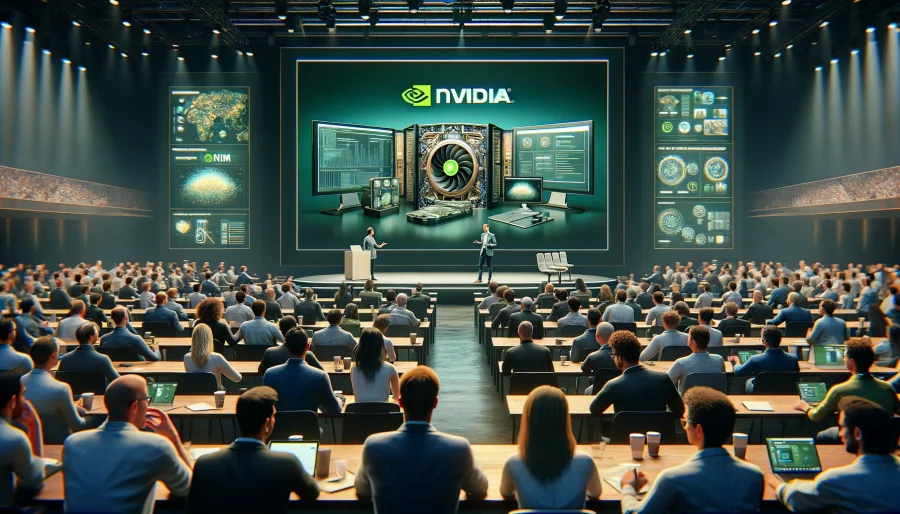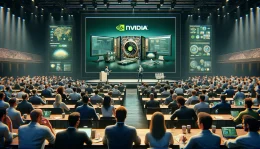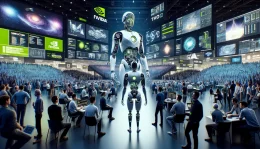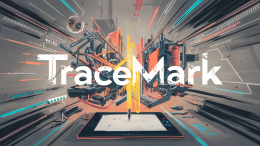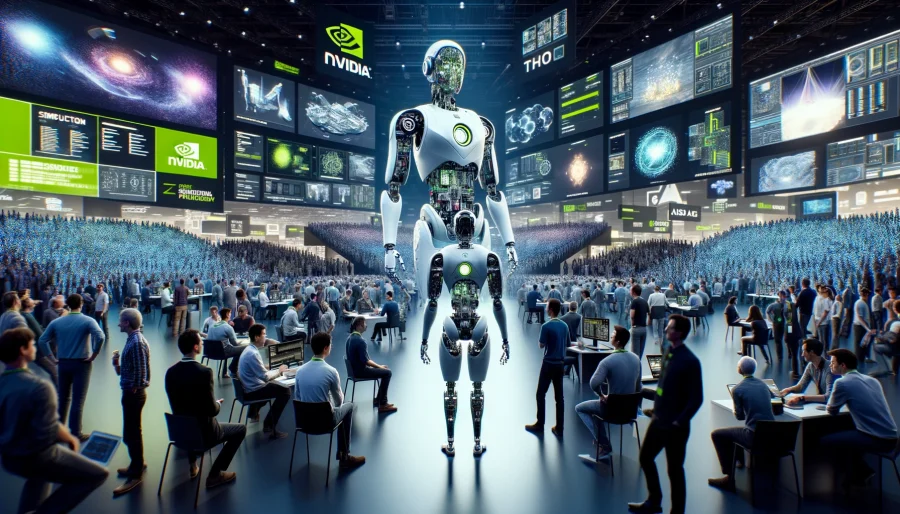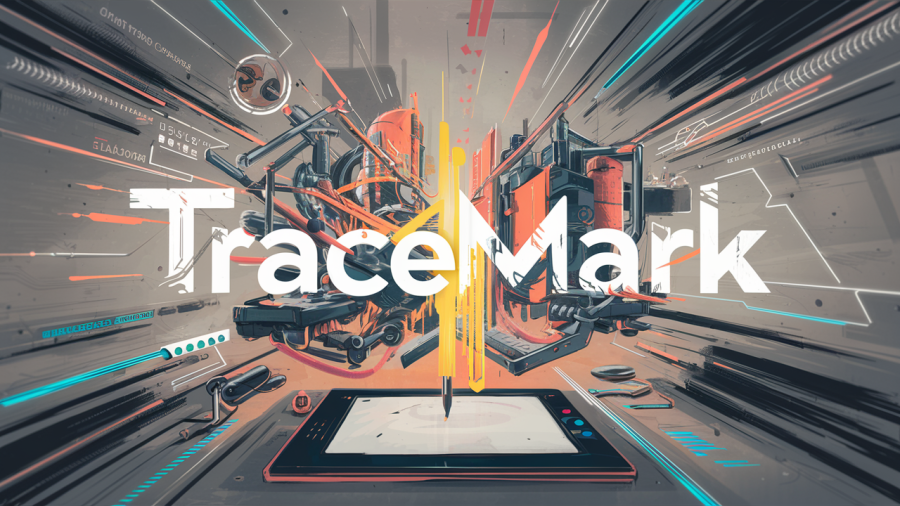At its GTC conference today, Nvidia unveiled NIM, a revolutionary software platform designed to seamlessly integrate both custom and pre-trained AI models into production environments.
Alongside a number of announcements today at Nvidia’s GTC conference, NIM harnesses Nvidia’s expertise in AI model inferencing and optimization, offering a streamlined approach for developers. By merging AI models with an optimized inferencing engine and encapsulating them into containers accessible as microservices, NIM drastically reduces deployment time. According to TechCrunch reporting, what would traditionally take months can now be accomplished swiftly, bypassing the need for extensive in-house AI expertise.
This innovative platform supports models from notable entities such as NVIDIA, A121, and Getty Images, alongside open models from tech giants like Google and Meta. Nvidia’s collaboration with Amazon, Google, and Microsoft aims to integrate NIM microservices into major cloud services, enhancing accessibility for developers across the board.
NIM’s backbone: Nvidia’s inferencing engines
At the heart of NIM lies the Triton Inference Server, alongside TensorRT and TensorRT-LLM, underscoring Nvidia’s commitment to providing a robust foundation for AI applications. The platform also features specialized microservices, such as Riva for speech and translation adjustments, cuOpt for routing optimizations, and the Earth-2 model for simulations in weather and climate.
Manuvir Das, head of enterprise computing at Nvidia, emphasized the efficiency and enterprise-grade quality that NIM brings to the table, allowing developers to focus on building enterprise applications without the overhead of model management.
NIM stands as a testament to Nvidia’s vision of transforming enterprises into AI-driven entities, equipped with a suite of containerized AI microservices. With the backing of industry giants and an ecosystem of partners, Nvidia’s NIM is poised to revolutionize the way AI models are deployed and utilized across various sectors.
Jensen Huang, Nvidia’s CEO, highlighted the transformative potential of NIM, envisioning a future where every enterprise leverages AI to enhance their operations and innovation capacity.
